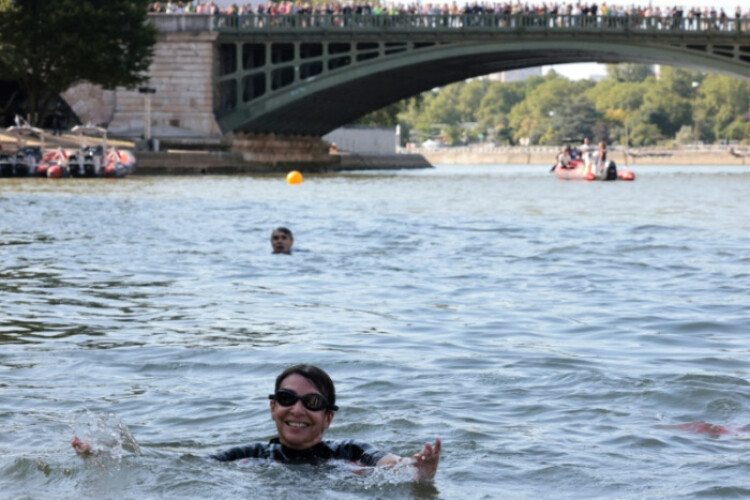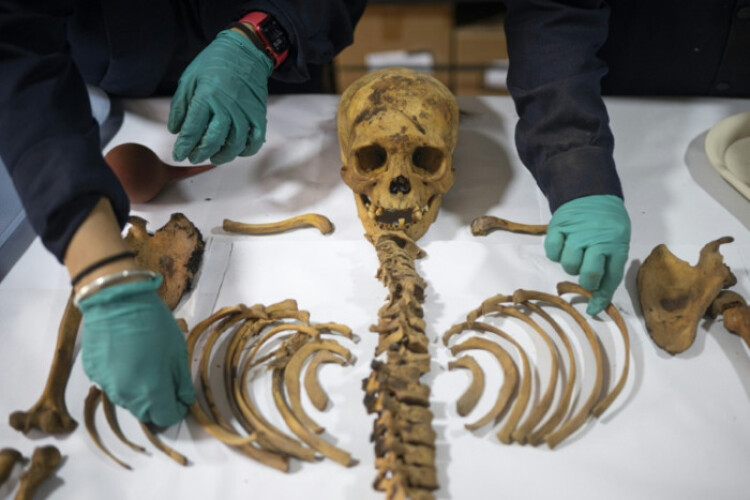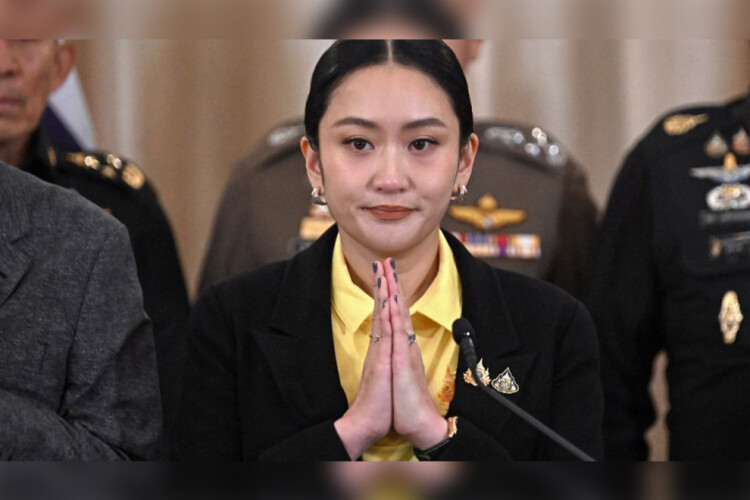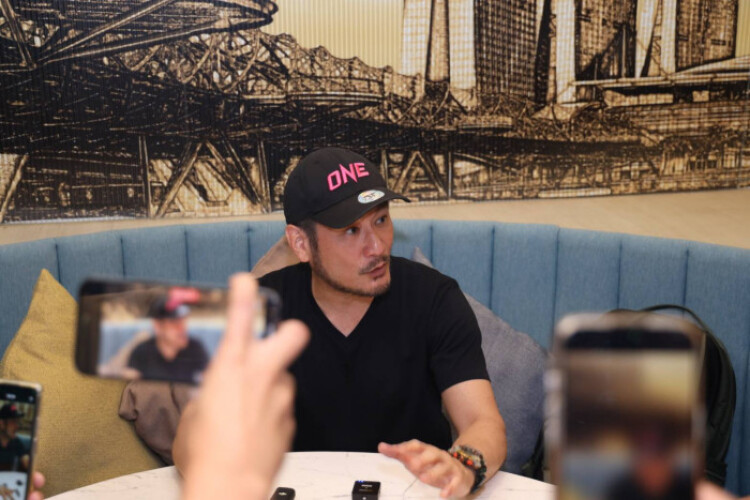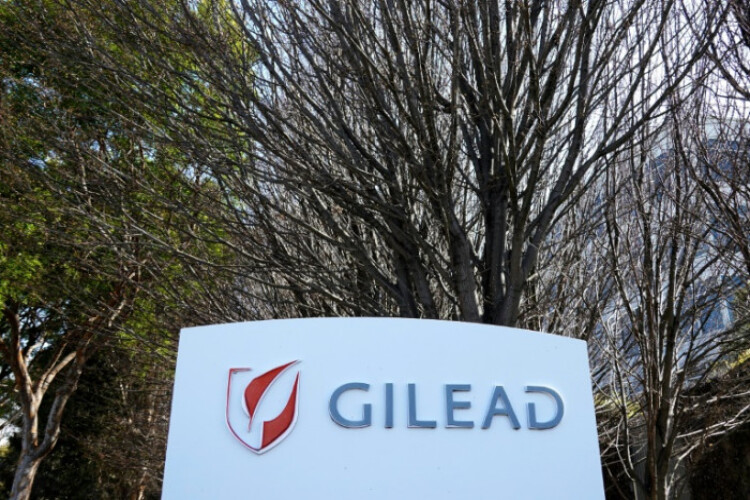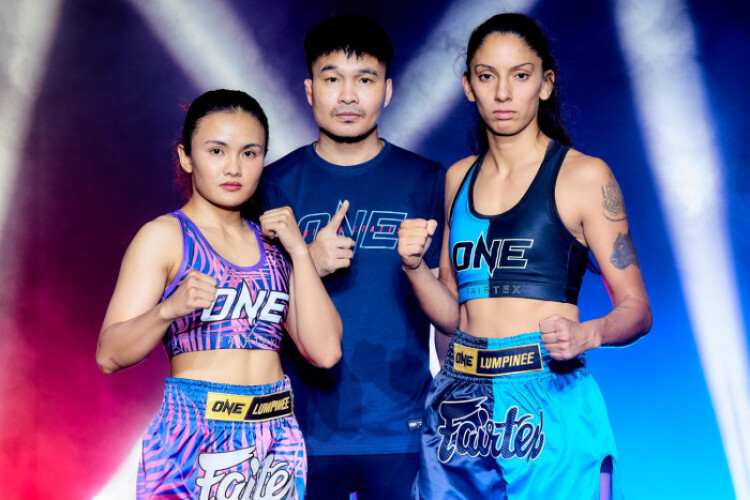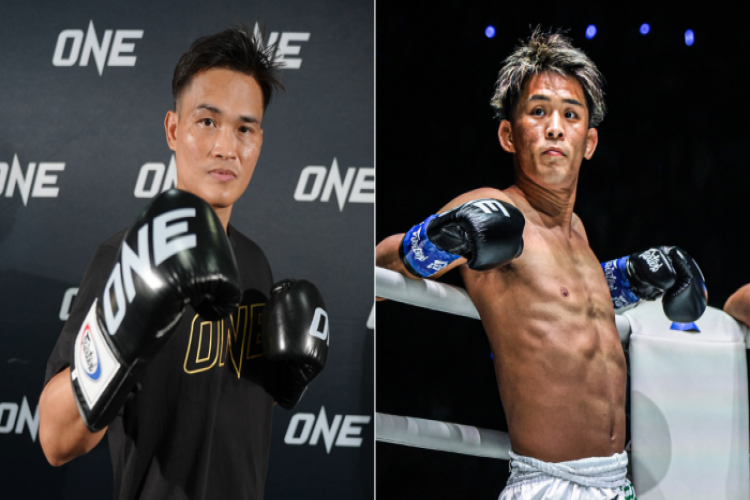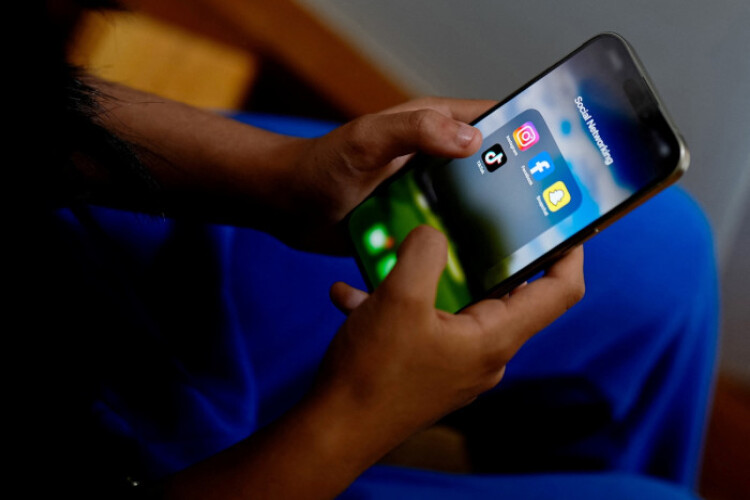
Australia’s social media ban for children under the age of 16 will become law after passing the Senate, even as questions persist over how the new restrictions will be enforced.
Prime Minister Anthony Albanese’s Labor government joined with the centre-right Liberal-National Opposition on Thursday to pass the legislation, brushing aside concerns from lawmakers on both sides of parliament over the speed at which the bills had been enacted. The restrictions are expected to be among the strictest in the world.
Under the new laws, which are scheduled to come into effect in about one year, children in Australian under the age of 16 will be banned from setting up accounts on popular social media sites including Facebook, Instagram, Snapchat and TikTok.
Mr Albanese, eyeing an election early next year, has enthusiastically championed the new rules and rallied Australian parents to get behind it.
In the run-up to the parliamentary votes, he painted social media as “a platform for peer pressure, a driver of anxiety, a vehicle for scammers and, worst of all, a tool for online predators”.
Multiple opinion polls have shown the vast majority of Australian voters support the new laws in principle, with a YouGov survey released on Tuesday finding 77% were in favour of the ban.
Tech companies themselves will be responsible for enforcing the ban, with the threat of fines of up to A$50 million (US$32.5 million) if they fail to take action. The legislation does not specify how the sites will verify the age of users.
The law specifies that users will not be forced to provide government identification as part of the verification process, a measure that the conservative opposition said was included after they raised concerns about privacy rights.
Global tech giants have already voiced their strong opposition to the legislation during a short inquiry by the Australian Senate, saying they considered the new laws to be rushed and unworkable.
In a statement to the committee, Meta — the parent of Facebook and Instagram — said the ban “overlooks the practical reality of age assurance technology”.
However, the strongest rebuttal came from X and its billionaire owner Elon Musk, who said in a post on his site that the laws seemed like “a backdoor way to control access to the internet by all Australians”.
In its statement to the Senate inquiry, X foreshadowed potential legal action over the bills, saying they were possibly unlawful.
Australia is not the first jurisdiction to seek limits on who can use social media. France last year passed a law requiring parental consent for users under 15, and it has been pushing for similar measures across the European Union.
The US state of Florida this year imposed a ban for users under 14 and required parental consent for 14- and 15-year-olds, but that law could face constitutional challenges.
Australia has a history of taking on big tech companies that run social media sites, including a push in 2021 to make Facebook and Google pay for news content.
More recently, the government took X to court over a failure to remove a video of a terrorist attack in Sydney. It has also fined the company for failing to purge content depicting child sexual abuse.
Prime Minister Anthony Albanese’s Labor government joined with the centre-right Liberal-National Opposition on Thursday to pass the legislation, brushing aside concerns from lawmakers on both sides of parliament over the speed at which the bills had been enacted. The restrictions are expected to be among the strictest in the world.
Under the new laws, which are scheduled to come into effect in about one year, children in Australian under the age of 16 will be banned from setting up accounts on popular social media sites including Facebook, Instagram, Snapchat and TikTok.
Mr Albanese, eyeing an election early next year, has enthusiastically championed the new rules and rallied Australian parents to get behind it.
In the run-up to the parliamentary votes, he painted social media as “a platform for peer pressure, a driver of anxiety, a vehicle for scammers and, worst of all, a tool for online predators”.
Multiple opinion polls have shown the vast majority of Australian voters support the new laws in principle, with a YouGov survey released on Tuesday finding 77% were in favour of the ban.
Tech companies themselves will be responsible for enforcing the ban, with the threat of fines of up to A$50 million (US$32.5 million) if they fail to take action. The legislation does not specify how the sites will verify the age of users.
The law specifies that users will not be forced to provide government identification as part of the verification process, a measure that the conservative opposition said was included after they raised concerns about privacy rights.
Global tech giants have already voiced their strong opposition to the legislation during a short inquiry by the Australian Senate, saying they considered the new laws to be rushed and unworkable.
In a statement to the committee, Meta — the parent of Facebook and Instagram — said the ban “overlooks the practical reality of age assurance technology”.
However, the strongest rebuttal came from X and its billionaire owner Elon Musk, who said in a post on his site that the laws seemed like “a backdoor way to control access to the internet by all Australians”.
In its statement to the Senate inquiry, X foreshadowed potential legal action over the bills, saying they were possibly unlawful.
Australia is not the first jurisdiction to seek limits on who can use social media. France last year passed a law requiring parental consent for users under 15, and it has been pushing for similar measures across the European Union.
The US state of Florida this year imposed a ban for users under 14 and required parental consent for 14- and 15-year-olds, but that law could face constitutional challenges.
Australia has a history of taking on big tech companies that run social media sites, including a push in 2021 to make Facebook and Google pay for news content.
More recently, the government took X to court over a failure to remove a video of a terrorist attack in Sydney. It has also fined the company for failing to purge content depicting child sexual abuse.


